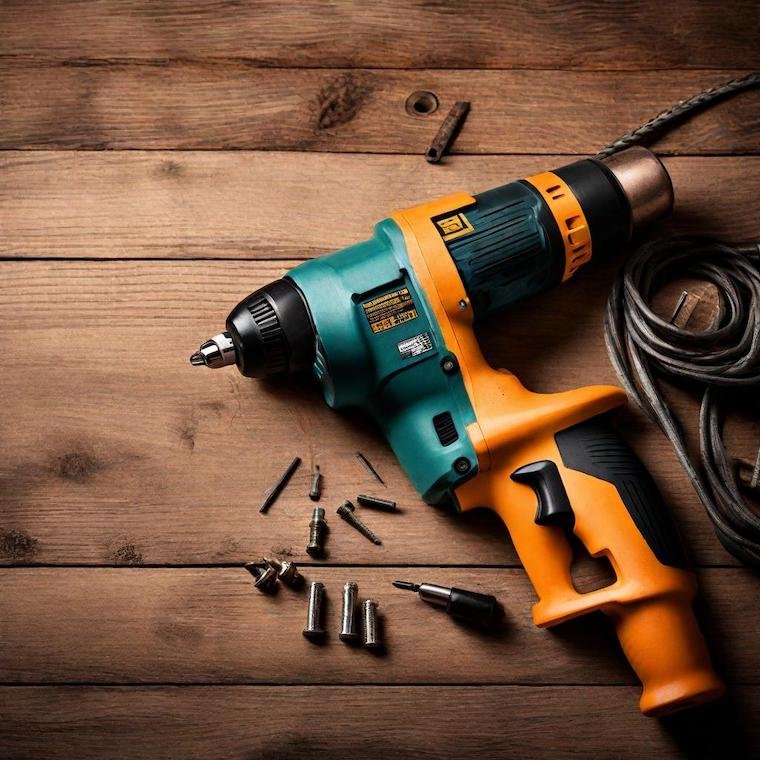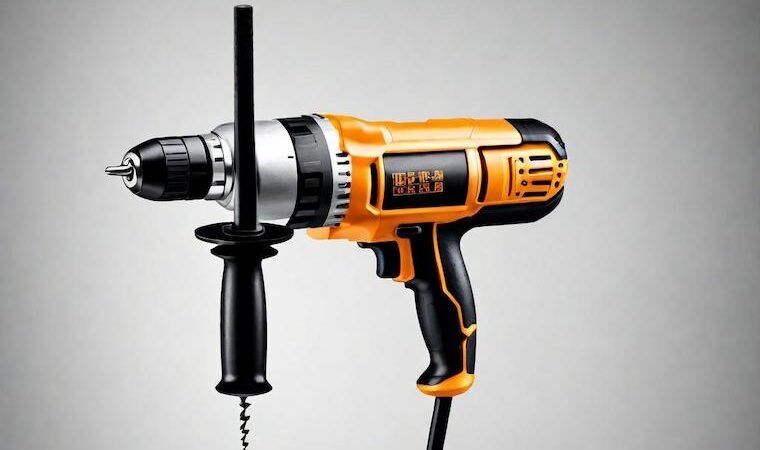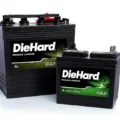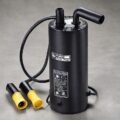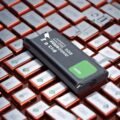Electric drills are versatile tools that can be used for a wide range of projects, from simple home repairs to more complex woodworking and construction tasks. With so many options available on the market, choosing the right electric drill for your project can be a daunting task. In this guide, we will discuss the key factors to consider when selecting an electric drill to ensure you choose the right tool for the job.
- Consider the Type of Projects You’ll Be Working On
- Before choosing an electric drill, consider the type of projects you’ll be using it for. If you’ll be working on light-duty tasks such as assembling furniture or drilling small holes, a basic cordless drill may be sufficient. However, if you’ll be working on more heavy-duty tasks such as drilling into concrete or metal, you may need a hammer drill or an impact driver.
- Determine the Power Source
- Electric drills are available in corded and cordless models. Corded drills are typically more powerful and don’t require recharging, making them ideal for heavy-duty tasks. Cordless drills, on the other hand, offer more portability and convenience but may have less power and require regular recharging.
- Consider the Drill’s Power and Speed
- The power and speed of an electric drill are measured in volts and revolutions per minute (RPM), respectively. Higher voltage drills are more powerful and suitable for heavy-duty tasks, while lower voltage drills are better suited for lighter tasks. Additionally, drills with variable speed settings allow you to adjust the speed based on the material you’re working with.
- Look for Key Features
- When choosing an electric drill, look for features that will make your job easier. Some key features to consider include a keyless chuck for quick and easy bit changes, a built-in level for accurate drilling, and a comfortable grip for reduced fatigue during extended use.
- Consider the Size and Weight
- The size and weight of the electric drill are important considerations, especially if you’ll be using it for extended periods. A lightweight and compact drill are easier to maneuver and less tiring to use, making it ideal for overhead or tight spaces.
- Check the Battery Life (If Cordless)
- If you opt for a cordless electric drill, check the battery life to ensure it will last long enough for your projects. Consider investing in a drill with a lithium-ion battery, as they typically offer longer runtimes and faster charging times than other battery types.
- Evaluate the Brand and Warranty
- Finally, consider the brand and warranty when choosing an electric drill. Opt for a reputable brand known for producing high-quality tools, and choose a drill that comes with a warranty to protect against defects and premature failure.
Conclusion
In conclusion, choosing the right electric drill for your project requires careful consideration of factors such as the type of projects you’ll be working on, power source, power and speed, key features, size and weight, battery life (if cordless), and brand and warranty. By taking these factors into account, you can ensure you choose a drill that meets your needs and helps you complete your projects with ease.
Frequently Asked Questions
Corded electric drills are powered by electricity and require a power outlet, offering continuous power. Cordless drills, on the other hand, are powered by rechargeable batteries, providing greater portability but limited runtime.
A drill is primarily used for drilling holes, while an impact driver is designed for driving screws and other fasteners. Impact drivers provide greater torque and are better suited for heavy-duty fastening tasks.
Choose a drill bit that is suitable for the material you’ll be drilling into (e.g., wood, metal, concrete). Consider the size and type of the bit (e.g., twist bit, spade bit) based on the size of the hole you need to drill.
Yes, most electric drills can be used as screwdrivers by simply attaching a screwdriver bit to the chuck. However, an impact driver is more suitable for driving screws, especially for larger or tougher screws.
Regular maintenance can help prolong the life of your electric drill. Clean the drill and chuck regularly, lubricate moving parts, and check for any signs of wear or damage. Replace worn-out parts as needed.
Yes, a drill press can be used for precision drilling tasks. It provides greater control and accuracy compared to hand-held drills, making it ideal for woodworking and metalworking projects.
To prevent overheating, avoid using the drill continuously for long periods. Allow the drill to cool down between uses, and ensure proper ventilation to prevent the motor from overheating.
It is not recommended to use an electric drill for mixing paint or other liquids, as this can damage the drill and pose a safety risk. Use a dedicated mixer or stirring tool for such tasks.
Store your electric drill in a dry and clean place, away from moisture and dust. Keep it in a carrying case or toolbox to protect it from damage and ensure it remains in good working condition.
Always wear safety goggles and ear protection when using an electric drill. Secure your workpiece properly, and avoid wearing loose clothing or jewelry that could get caught in the drill. Disconnect the power source before changing bits or performing maintenance on the drill.

